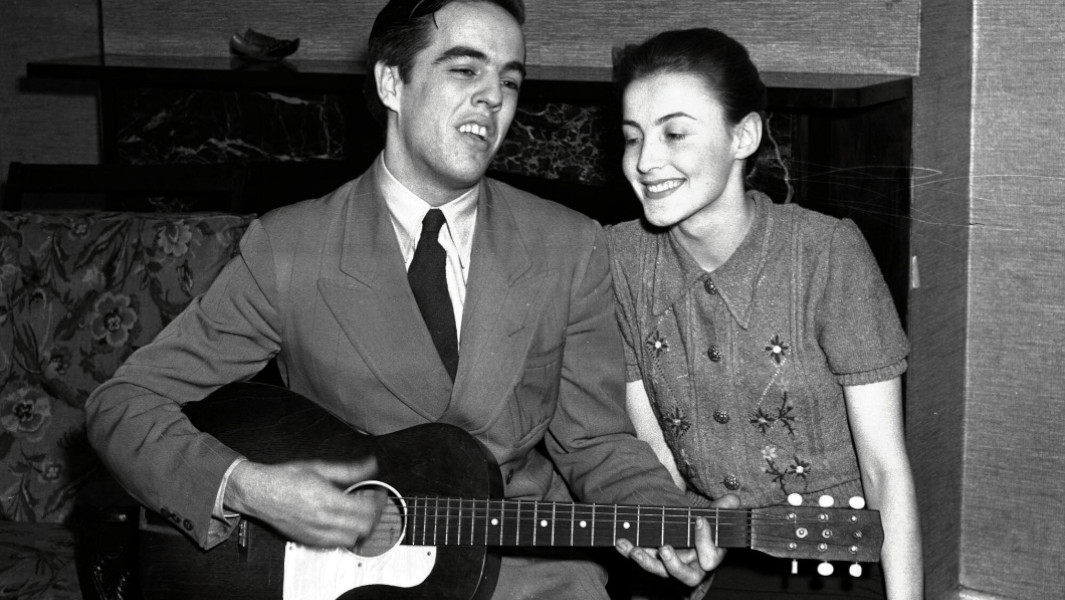One man recorded over 17,000 traditional folk songs to preserve the true sound of America

Born in Austin, Texas in 1915, Alan Lomax (USA) grew up surrounded by music.
His father was a folklorist – an expert who specialises in folklore and cultural practices – and was fascinated by cowboy songs, while two of his siblings fell down similar anthropological paths. But Alan was particularly gifted, enrolling in the University of Texas at Austin at age 15 and transferring to Harvard at 16.
To take a break from his studies, at 17 he joined his father on a work trip sponsored by the Library of Congress to collect folk songs around America. It was from this trip in 1934 that Alan’s legacy as an ethnomusicologist would blossom – over the course of his nearly 70-year career, he would document over 17,000 traditional songs, dances, interviews, and social practices from independent cultures within America to preserve the traditions and diversity of our heritage.
Renowned as the most prolific folk-song collector of all time, Alan collected traditional music that was being threatened by the homogenizing 20th-century recording industry. He traveled to the mountains of Appalachia, to sharecropping towns and penitentiaries in the South, to saloons and into living rooms in the search of his songs.
Using an Edison cylinder machine, Alan and his father recorded over 3,000 songs for the Library of Congress by the end of the 1930s, capturing everything from gospel to protest songs, blues and jazz, voodoo and Creole music, prison songs, flamenco, calypso, and ballad singing.
Because of his recordings, he made popular artists like country blues singers Muddy Waters and Lead Belly, guitarist Robert Johnson, protest singer Woody Guthrie, folk artist Pete Seeger, country musician Burl Ives, and Gaelic singer Flora MacNeil. Two of his most famous works were American Ballads and Folk Songs (1934) and Negro Folk Songs as Sung by Lead Belly (1936), both which helped spurn a revival in traditional American and British folk music between 1940s - 60s.
A musician in his own right, Alan was always careful to contextualize the music he shared, deeming the encroachment of mass commercialization a “cultural grey-out” that killed local traditions. Coining the term “cultural equity”, he viewed as principle to his work that he advocated for the rights of these communities, and often recorded documentary-style interviews with his subjects to explain the history of their song making and their environment.
In 1942, after Congress terminated the contract for folk recordings at the Library of Congress, Alan began to travel internationally, to countries like Haiti, the Bahamas, Spain, Scotland, Ireland, and Italy, where he worked on a world library of folk music while also evading the Red Scare.
Alan returned to the US in 1959, and started arranging folk concerts and festivals, later advising the Smithsonian Institution’s Folklife Festival and producing a documentary series on PBS called American Patchwork about traditional folk songs.
He spent the rest of his life devoted to Cultural Equity and writing a memoir called The Land Where the Blues Began (1993) about music and forced labor, debt slavery, and segregation in the American South.
An accomplished author, and well-respected within his field, Alan passed away 2002, leaving a legacy of ageless, beautiful music. His life work was collected by the Library of Congress in 2004, and can be explored in the Lomax Digital Archive.
Header image: Alamy


